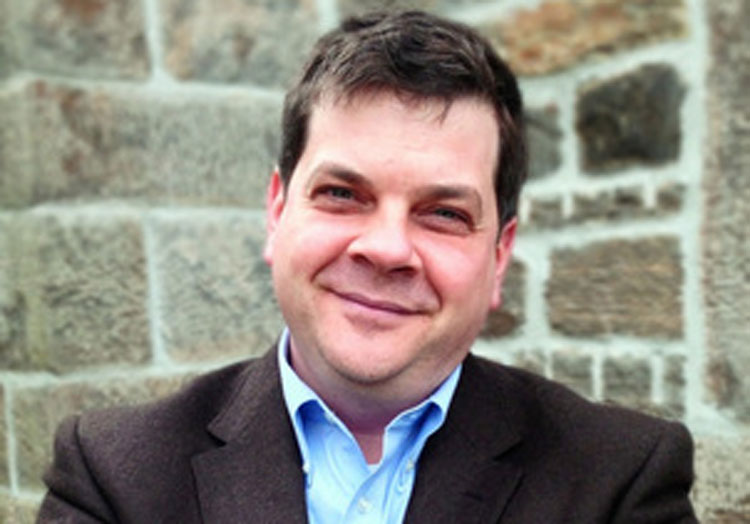
By Maxwell Grant
A lot of teachers I know say that by the time May and June roll around, it gets pretty hard to teach anybody anything.
Students are tired and restless—and though the very idea might seem shocking to anyone under the age of 18, the fact is, most of their teachers could say the same thing.
I know that many people remember the school year as a paradise of snow days, field trips, low-stakes projects, and hanging out all day with your best friends. When I was teaching, I remember how my friends imagined my days ending promptly at three in the afternoon, and my summers as three solid months of indolent, pool-side reading, punctuated by the occasional out-of-town wedding.
Well, not really.
Whether you’re a teacher or a student, by the time May rolls around, you look in the mirror and see a bedraggled, sallow version of yourself—as if you’re one of those hikers that goes off the trail by accident and gets lost in the woods for ten days, sleeping under a blanket of leaves and drinking rainwater, waiting and hoping for a search party to come rescue you. In fact, I’ve always wondered if schools sponsor “Pajama Day” in the spring, not out of a sense of fun, so much as a nod to the sad reality that letting people show up in their sweatpants may be the only way to get them to bother coming at all.
It’s an argument not just for the importance of Sabbath, but for the Biblical idea of “jubilee”—not just a day of rest, but a long season (actually, according to Scripture, a full year that came every 50 years) when fields were allowed to rest, when debts were cancelled, and slaves freed. It’s unclear that the people of ancient Israel ever practiced the year of jubilee—forgiving debts? Letting fields rest? Freeing slaves? Just… because? That sounds remarkably hard to arrange.
But it points to the idea that, at some point, it is not enough just to recharge. It is not enough to get yet another temporary reprieve. We need to begin again. The debts we have incurred cannot be allowed to weigh us down forever, like an assignment that gets harder and harder to complete, hanging over us indefinitely. At some point, the clock has to stop.
It’s an odd way to put it, but unless the clock stops, it can never start again.
It’s very different from how we typically think of “owing” something to someone. We usually want to live in a world where debts get carefully squared, no matter how long it takes. We’re great believers in playing the hand you’ve been dealt, and in sticking by our commitments. Period. What would become of us if we didn’t?
But we also know that sometimes life does not turn out to be entirely tidy. On top of that, I would also say that sometimes, the notion of “consequences” seems to miss the point.
Scripture reminds us that grace is supposed to intervene—not only God’s grace, but the human graciousness that can be the catalyst for new life, and now and again even an instrument of divine grace itself.
To me, summer seems to point to that. To the idea that at some point, we get to begin again. It may not be tidy. It may not satisfy the part of us that wants balanced accounts across the board. But it reminds us to seek life in all its messiness, rather than limit ourselves to the pursuit a grim version of what seems like “justice.” We need to have bigger perspective, and larger hearts. These weeks are a good time to seek them.
The Rev. Maxwell Grant has been the senior minister at Second Congregational Church since February 2012. He is a 2006 graduate of Yale Divinity School, where he was awarded the Mersick Prize for Preaching, and he was ordained in June 2007. Max and his wife, Liz Perry, an independent school administrator, have two daughters, Grace and Emily.




